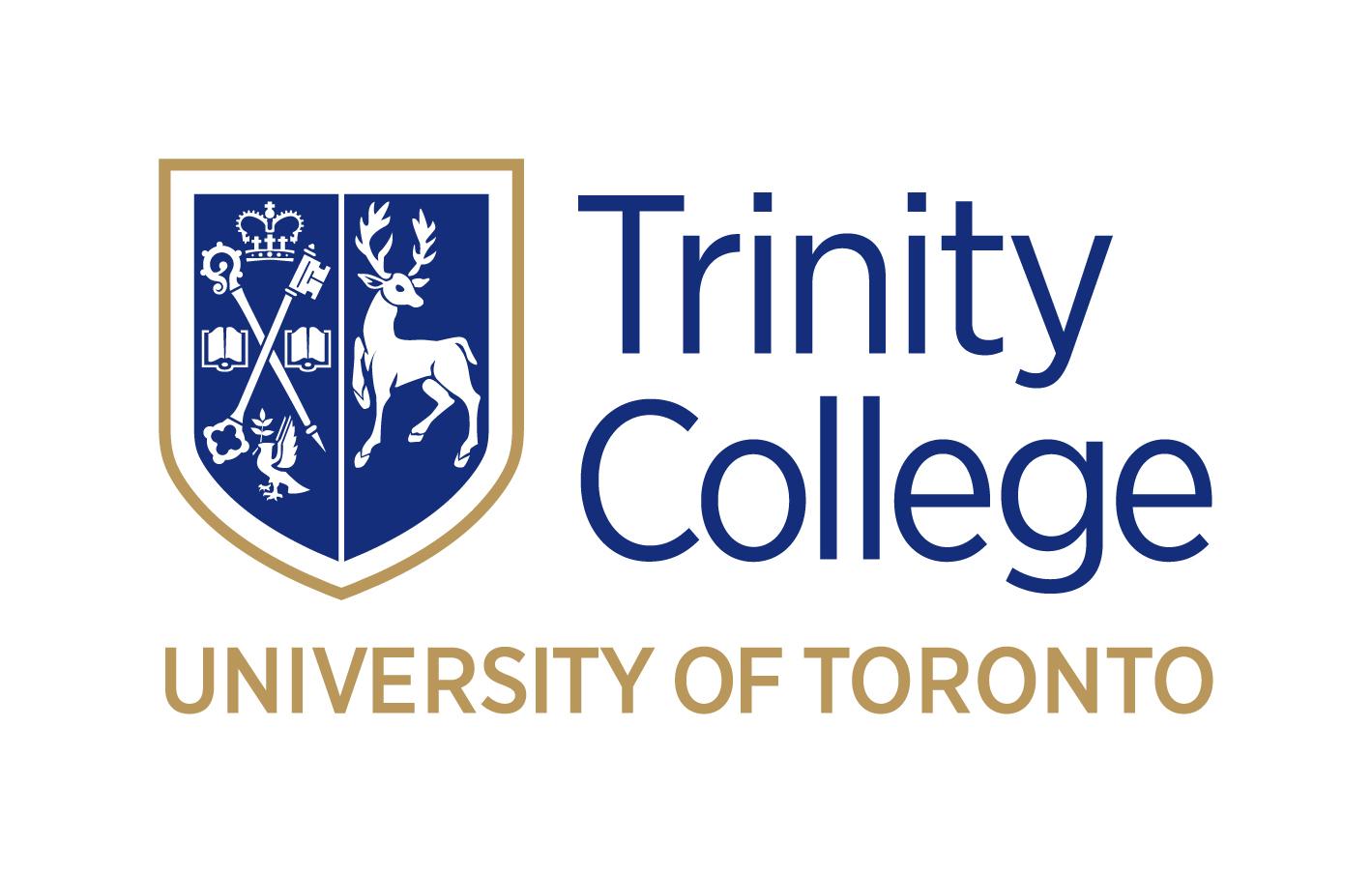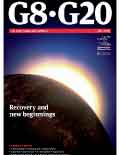

 |
 |
|

Sustaining global growth:
a strategic approach to development
By Angel Gurría, secretary-general, Organisation for Economic Co-operation and Development
To download a low-resolution pdf, click here or go to the Newsdesk site.
The OECD highlights the importance of country-led strategies and effective aid in order to achieve global growth
The Organisation for Economic Co-operation and Development (OECD) has cooperated with the G7, and then G8, from its inception by providing expertise and intellectual input and by carrying out tasks mandated by the leaders. Since Germany hosted the G8 in 2007, this cooperation has strengthened considerably. Work has been stepped up to address the major global challenges.
The OECD’s contributions cover an extensive range of issues, including investment, environment, employment and corporate governance policies. But one long-standing area of work with the G8 is development. In fact, since the OECD’s establishment, development has been an integral part of its own mission to build a stronger, cleaner and fairer world economy. The OECD has established a reputation for its expertise on the drivers of development and its objective assessments of member countries’ aid efforts through peer reviews. Moreover, the OECD plays a key role in assuring transparency and accountability in the aid system.
The OECD’s 50th anniversary celebration, which will begin later in 2010, is an opportunity to reflect on the progress it has made and on what remains to be done. This is also a special year for development, because many of the donor commitments have targets for 2010, and it is only five years until the 2015 target to achieve the Millennium Development Goals (MDGs).
The decade prior to the financial crisis witnessed a rapid pace of development: two thirds of African countries had per capita income growth of 3 per cent or more for several years. Nonetheless, further progress is required to meet the MDGs. Moreover, the global financial and economic crisis has at best stalled and, more likely, set back what progress has been made. However, with the right policies and institutions and with external finances harnessed to complement the domestic resources of developing countries, there are grounds for optimism that the MDGs can be achieved by 2015.
But what policies and institutions are conducive to development? How, for instance, did Korea, which had the same per capita income as the Cote d’Ivoire in 1960 and as Brazil in 1980, sustain a consistently high growth trajectory to become a middle income economy within a generation? Empirical investigation of the diverse country experiences suggests that education, social cohesion and sound policy governance are some of the prerequisites to support and attract investment, spur innovation and sustain growth – the most powerful driver of poverty reduction. A detailed understanding of the layers of this ‘onion’ remains limited, however.
There is a need to reflect on the experiences of developing countries to draw the lessons on how to mobilise domestic resources better. Conventional wisdom regarding effective development policies must be reconsidered, with an open mind.
The OECD has substantial expertise in supporting development and promoting capacity for countries to succeed in the global economy. This expertise lies in many specific domains, including taxation, the promotion of a favourable investment climate, regulatory governance, the fight against bribery and corruption, gender inequality and education, and science, technology and innovation, to name a few. The OECD is a source of knowledge on these and almost all other areas of public policy, making it the ideal place to understand the linkages between different policy areas and development.
Gender inequality, for example, is an area worthy of expanded coordination and policy sharing. Gender equality and empowered women are powerful catalysts for multiplying development efforts, and investing in women has a strong impact on poverty and on growth. Fifteen years after the ground-breaking fourth United Nations World Conference on Women in Beijing, it is timely to reflect on what has been achieved, to learn from what has worked well and to identify and urgently address the remaining gaps and challenges. Without progress toward gender equality and the empowerment of women, the MDGs cannot be achieved.
At the same time, it is important to ensure coherence between policies in G8 and developing countries. Openness is fundamental to growth. No country has achieved sustainable growth in the long run without the expansion of trade flows. But this is easier said than done. Low-income countries often lack the capacity – be it in terms of policies, institutions or infrastructure – to exploit the opportunities presented by more open markets and to trade their way out of poverty. Programmes such as the Aid-for-Trade Initiative have been successful in helping poor countries develop this capacity and overcome their supply constraints.
Taxation is another policy domain that is crucial for sustained development. Taxation provides governments with the funds needed to invest in development. In the longer term, it offers an antidote to aid dependence by the poorest countries and a predictable fiscal environment to promote growth. Taxation is also integral to the good governance agenda. By stimulating discussion between states and their citizens, the taxation process is central to more effective and accountable states.
In addition to developing countries’ domestic resources, aid will remain vital to meet the MDGs. The good news is that most donor countries have maintained their commitments and are on track to meet 2010 aid targets. New OECD figures show continuing growth in development aid in 2009, despite the most severe economic downturn in a lifetime. However, the specific commitment made by the G8 at its 2005 Gleneagles Summit to increase aid by $25 billion by 2010 has, according to OECD calculations, fallen well short.
A key issue is aid prospects in the next five years. Aid represents a lifeline for hundreds of millions of the poorest people in the poorest countries. It also represents an investment in the emergence of effective and functional states around the globe. Aid is an investment, not charity.
The tough fiscal environment underscores the need to make greater progress in boosting aid effectiveness. Here the G8 can lead by example, by accelerating the implementation of the Paris Declaration and the Accra Agenda for Action. In this respect, the decision to establish a G8 accountability mechanism to implement and monitor progress, with a report to be delivered at the Muskoka Summit, is very welcome.
The OECD is involved in this work. For example, it is contributing to the development of the methodology and statistical means for monitoring G8 commitments on development. It is also pushing forward with its work on measuring and communicating development results. The OECD has designed methodologies for tracking cross-country aid fragmentation.
To conclude, a strategic approach to development must embrace several elements. First of all, a renewed commitment to work in support of country-led strategies and domestic resource mobilisation is vital, as are rising levels of official aid in fulfilment of existing pledges. This aid should complement other development finance sources, such as private and voluntary finance. Second, efforts to enhance and ensure aid effectiveness need to be strengthened. A third critical element is to understand better what constitutes effective development policies at country level and internationally. By sharing its rich policy experience and establishing mechanisms that help countries learn from each other, the OECD is aiming to give a new impetus to development. Only by working together and by leaders making a deliberate, politically courageous effort will the MDGs be met by 2015.
|
This Information System is provided by the University of Toronto Library |
All contents copyright © 2023. University of Toronto unless otherwise stated. All rights reserved.